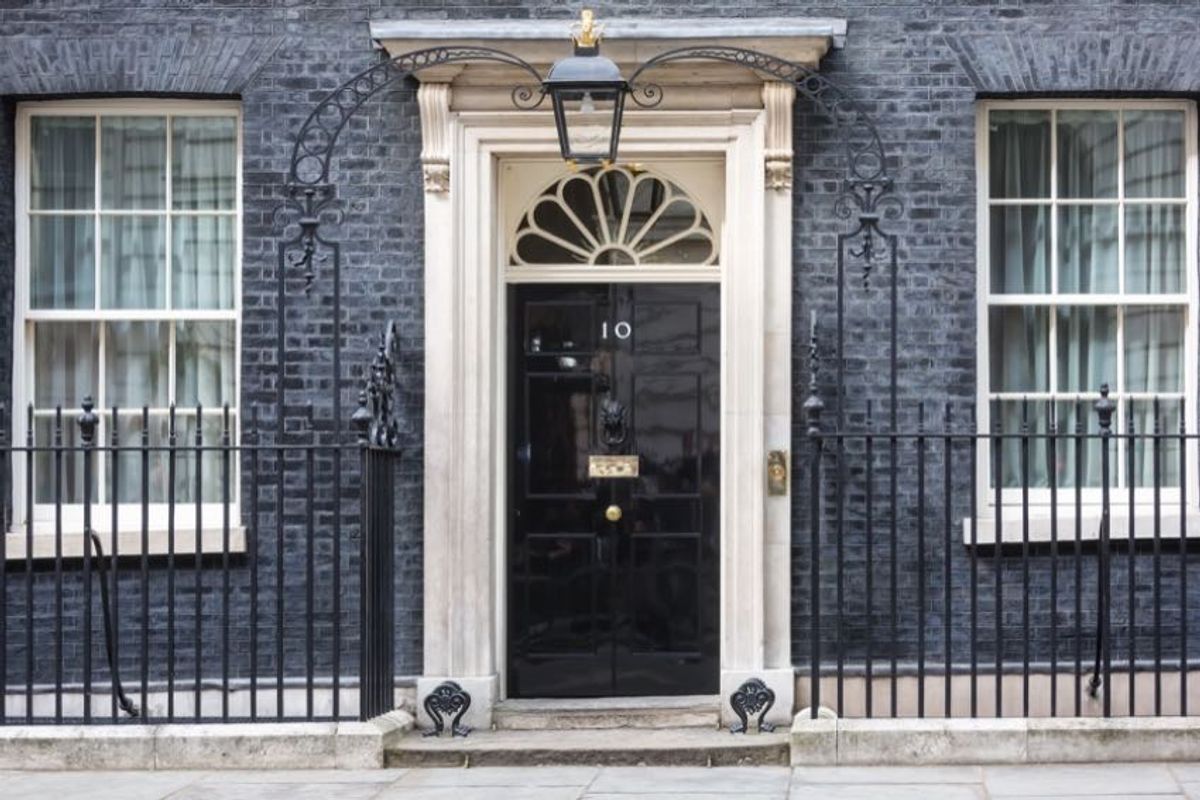King Charles III today outlined the plans of the UK’s new Labour government at the State Opening of parliament, which include a commitment to overhauling the nation’s railways and investment in the production of sustainable aviation fuel (SAF).
Following Labour’s landslide general election victory a fortnight ago, the monarch conveyed his new government’s strategy for economic and social development including a range of bills which will “focus on growing the economy through better transport, more jobs and turbocharging building of houses and infrastructure,” said the government.
Among Labour’s policies is the establishment of Great British Railways and the renationalisation of train operating companies. “Ministers will bring forward legislation to improve the railways by reforming rail franchising, establishing Great British Railways and bringing train operators into public ownership,” said the King.
In further details set out by the government, it said that transferring operations to the public sector will “save the taxpayer millions of pounds currently paid out in fees to private operators each year” and “end the fragmentation of our railways, establishing a more efficient and reliable rail service for passengers”.
Meanwhile, Great British Railways will help deliver “simplified fares, discounts and ticket types”. It will also ensure that ticketing innovations such as automatic compensation, digital pay-as-you-go and digital season ticketing are rolled out across the whole network.
The King’s speech also highlighted “the urgency of the global climate challenge” and the government’s commitment to “a clean energy transition”. Among Labour’s measures in this respect are the introduction of a bill to support the production of sustainable aviation fuel.
In April the UK government published details of its sustainable aviation fuel mandate which aims to ensure ten per cent of all jet fuel on flights taking off in the country comes from sustainable sources by 2030.
Responding to the King’s speech, Clive Wratten, CEO of the UK’s Business Travel Association, said: “We applaud the government’s ambition to take the brakes off Britain. We need to see a top passenger champion at the head of a new board to ensure that a rail revolution is delivered by Great British Railways. Better connectivity across our country will be pivotal for the success of the government’s goal of growth.”
Wratten added that a bill to support the production of sustainable aviation fuel “is to be celebrated”, adding: “We urge the government to include provision for Air Passenger Duty to be ring-fenced for sustainable initiatives.”
Martin Ferguson, vice president of public affairs at American Express Global Business Travel, also welcomed the SAF bill. “The King’s recognition of sustainable aviation fuel’s importance to decarbonisation, energy independence and economic growth underscores the urgency for government to scale it at speed,” he said.
“The corporate travel sector has been driving demand and investment in SAF and stands ready to help the new government develop a world-leading SAF market in the UK.”
Chris Simms, partner at UK law firm Burges Salmon, noted that rail reform has been on the government agenda since before the pandemic and has “broad cross-party support”.
“New transport secretary Louise Haigh included improving performance on the railways and driving forward rail reform as one of her five strategic priorities immediately after the election,” said Simms. “The early appearance of a Rail Reform bill is therefore expected to lay the foundations for rapid action by the new government to implement its objectives of providing a single guiding mind through an enhanced Great British Railways.”
Simms continued: “The transport sector has a wide range of needs from legislation and the new government and it is likely that a fuller transport act may also be brought forward in due course. For the moment, however, a short Rail Reform bill may address certain obstacles to Labour’s vision for the railways to allow it to ‘move fast’.”

